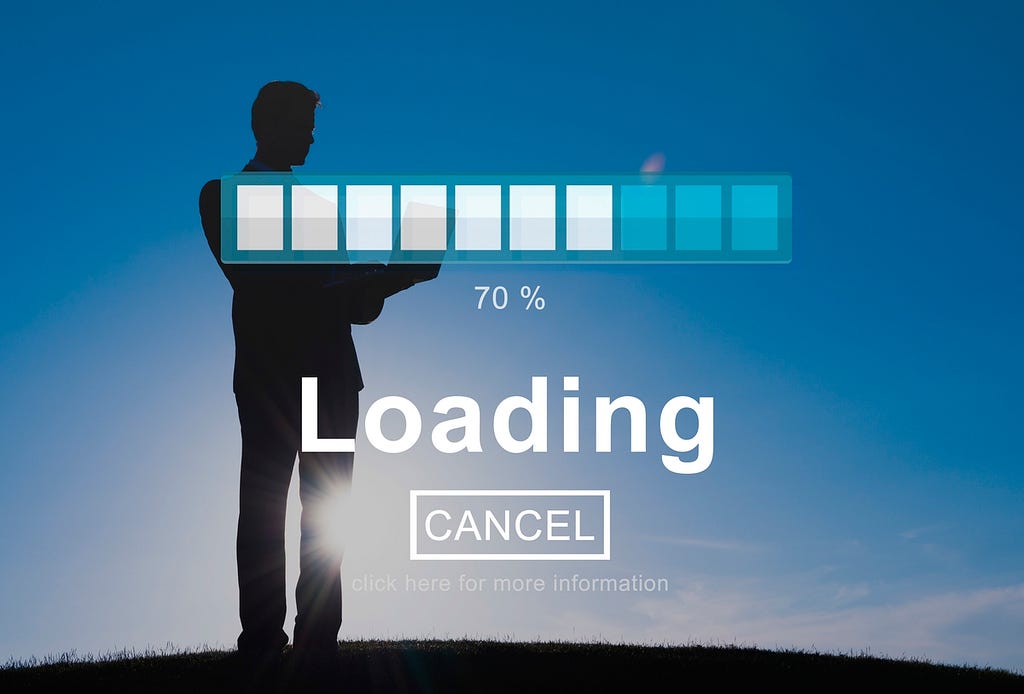Part 14 — The Law of Diminishing Returns in Task Management
Why it becomes harder to make improvements as your task volume increases


Problem
When you only had a small list of tasks, it was easy to make improvements. You took your productivity in this area seriously and made some good changes, expecting to continue in the same vein indefinitely.
However, as you moved to the next level, and the next, it seemed harder to keep up the pace of improvements. In fact, it may have felt like you were stalling.
Why did this occur?
To put it simply, you benefited from “beginner’s luck”. When you bring sound practices to a self-taught system of any kind, the effect is generally positive.
However, the reason it becomes harder to make the same progress has everything to do with the easy changes you have already made. Now, you just cannot grow as quickly, and you must shift your methods.
Why Is This Important?
The fact that you are managing more tasks is a sign of success, a fact to be celebrated. Unfortunately, you now need to accept that it will take more knowledge and effort to continue to make changes. As such, your expectations need to shift as well. To maintain the thrill of continuous learning, you must now make an investment in yourself.
You need to add to your knowledge, skills and awareness, enhancing your ability to self-diagnose your task management.
Fail to do so and you’ll get stuck. The Law of Diminishing Returns may lead you to quit.
What’s the Link to the Rapid Assessment Program (RAP)?
Within the RAP, you’ll learn the art of making progressively more sophisticated self-assessments. This takes patience, and a trained eye. But you’ll be more satisfied bythe end as deeper improvements become accessible.
Find out more about the MyTimeDesign Rapid Assessment Program in this webinar.
Part 14 — The Law of Diminishing Returns in Task Management was originally published in 2Time Labs on Medium, where people are continuing the conversation by highlighting and responding to this story.

